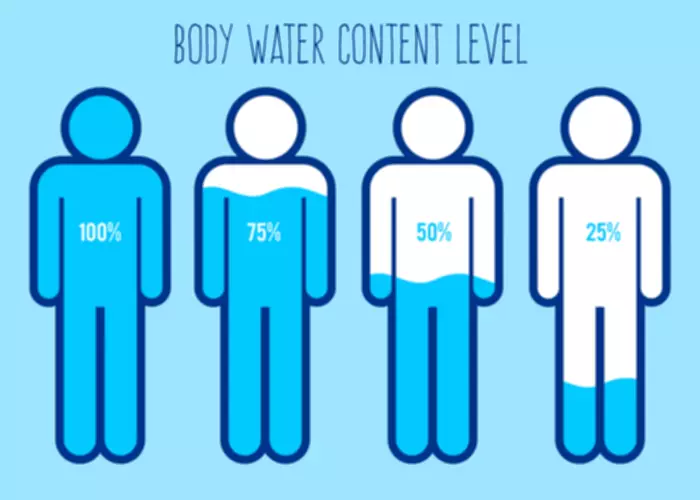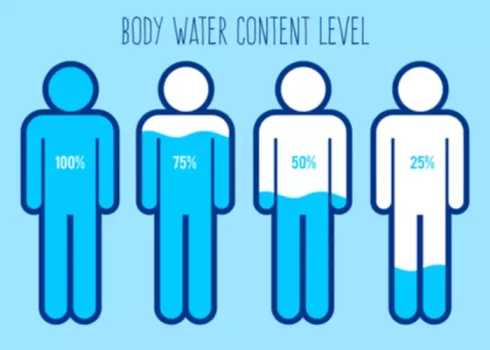Break the cycle of addiction with these strategies to keep dopamine in check : Life Kit : NPR

Explore resources to help you live out your life and relationships in a way that honors God. Early intervention can be one of the most effective forms of ‘treatment,’ but preventing substance use altogether offers the greatest crop of benefits. If you’re looking for treatment, please browse the site to reach out to treatment centers directly. Accurate, complete profiles best connect you with the right people for your services. Maintain your profile by updating your photos, video links, treatment services, and contact details to ensure optimal visibility. We list any treatment center that meets our rehab criteria, giving you the best list of options possible when looking for treatment.
Making Sense of Your Life

Other potentially beneficial supplements include omega-3 fatty acids, vitamin D, and B-complex vitamins. This phase alcoholism treatment is the most dangerous stage because, by now, the person with an addiction has lost all sense of responsibility and danger. When these triggers present themselves, the addict feels the desire to escape, avoid, and dissociate, i.e., given to the addiction and feel the ecstasy they need to dissociate.
Lifestyle Changes to Stop Chasing Dopamine
For those struggling with addiction or dopamine-related issues, it’s important to recognize that seeking professional help is not a sign of weakness, but a courageous step towards recovery. This is the final stage, but the last doesn’t mean it ends here; it only ends to restart the whole game again. The anxiety, shame, and depression of giving in to the desires is what repeats the cycle.
- The action stage is characterized by concrete steps toward overcoming addiction.
- For many, it takes hitting rock bottom to recognize the need for help.
Technology Addiction: Understanding Its Causes, Effects, and Solutions
Drug abuse is the use of an illegal substance or the improper use of a legal substance. A person can engage in drug abuse without being necessarily addicted, but continuous substance abuse will inevitably lead to an addiction. Most addicts are oblivious to the cycle they’re trapped in and may not see the need to seek help. This cycle will continue unhindered until there is some professional intervention. This guide explains the addiction cycle and the stages of breaking the cycle.

- Once an individual is dealing with this disease, addiction keeps them in a state where they are powerless to resist their desire for their substance of choice.
- Prescription, legal, and recreational substances—like alcohol—may be used without a person necessarily being in the cycle of addiction.
- On average, it may take several weeks to months to see meaningful progress, but it is crucial to remember that recovery is often not linear.
If your loved one is trapped in the addiction cycle, the first thing is to help them see that they have a problem. These changes will work for a while until the brain becomes tolerant to the new dosage, forcing the person to increase the dosage again. At this stage, the individual will progress to heavy substance use, leading to the next stage. The pleasure from initial use is powerful and can drive a person to continue using the substance. This is the first step towards addiction that leads to the next.
- Being aware of these signs can help individuals identify when they are using food as a coping mechanism and encourage them to seek better strategies to handle their emotions.
- Whether you’re in early recovery or years into sobriety, support groups help you stay on track.
- Discover affordable rehab centers near you, offering easy access and convenience.
- Blue Cross Blue Shield drug rehab coverage can help cover expenses, making care more accessible.
- Trauma bonding is an emotional attachment that forms with a perpetrator of abuse.
Learning to spot them early makes a huge difference in staying on track. If you’re serious about change, don’t wait for the perfect moment. There’s no single path — just the one you’re willing to walk, even on the hard days. Start with one person — a counselor, a peer group, or even an online forum. Connection is key, and it doesn’t have to be big to be effective.
It provides an opportunity to identify triggers and build strategies for long-term recovery. In the event of a relapse, there are valuable lessons that can help strengthen a person’s motivation and future attempts at sobriety. Relapse is not inevitable, but it is common in the stages of addiction. Since addiction is a chronic condition, various influences, such as stress, environmental cues, or social pressures, can trigger a relapse. Alcohol or drug use at this stage is typically causing significant problems in the person’s life, yet they continue to use despite the known harmful consequences. The person may experience feelings of powerlessness as attempts to quit or cut back on one’s own repeatedly fail.
Start by Identifying Addiction

You will be under the care of highly trained staff, who will utilise their vast experience in drug and alcohol abuse rehab treatment. There are many reasons that the individual who ends up struggling with an addiction might initially try the substance. Regardless of how the initial use occurs, it is the first step toward addiction. Once an individual is dealing with this disease, addiction keeps them in a state where they are powerless to resist their desire for their substance of choice.
The Addiction Cycle: What Are the 5 Stages of Addiction?
- The examples below are among the few prevention programs for COA’s for which evaluation data are available.
- Many people have escaped addiction and rebuilt their lives with the right support.
- This could be out of curiosity, peer pressure, or an attempt to manage stress or pain.
- What may start as concern often turns into a codependent relationship, where normal support becomes codependent behaviors that reinforce the substance use.
- By recognizing grief as a serious emotional driver of substance use, we can intervene early and help people rebuild their well-being, not just physically, but emotionally and spiritually as well.
We educate and empower families to ensure that right healthcare decisions are cycle of addiction made. With personalized advice, we are changing the face of healthcare delivery across India. Recognizing that there’s a problem and accepting help can be difficult for those struggling with addiction. Denial often creates a barrier to progress, making it challenging to take the first step toward recovery. As tolerance builds up, individuals may increase their drug use to get the initial effect.
